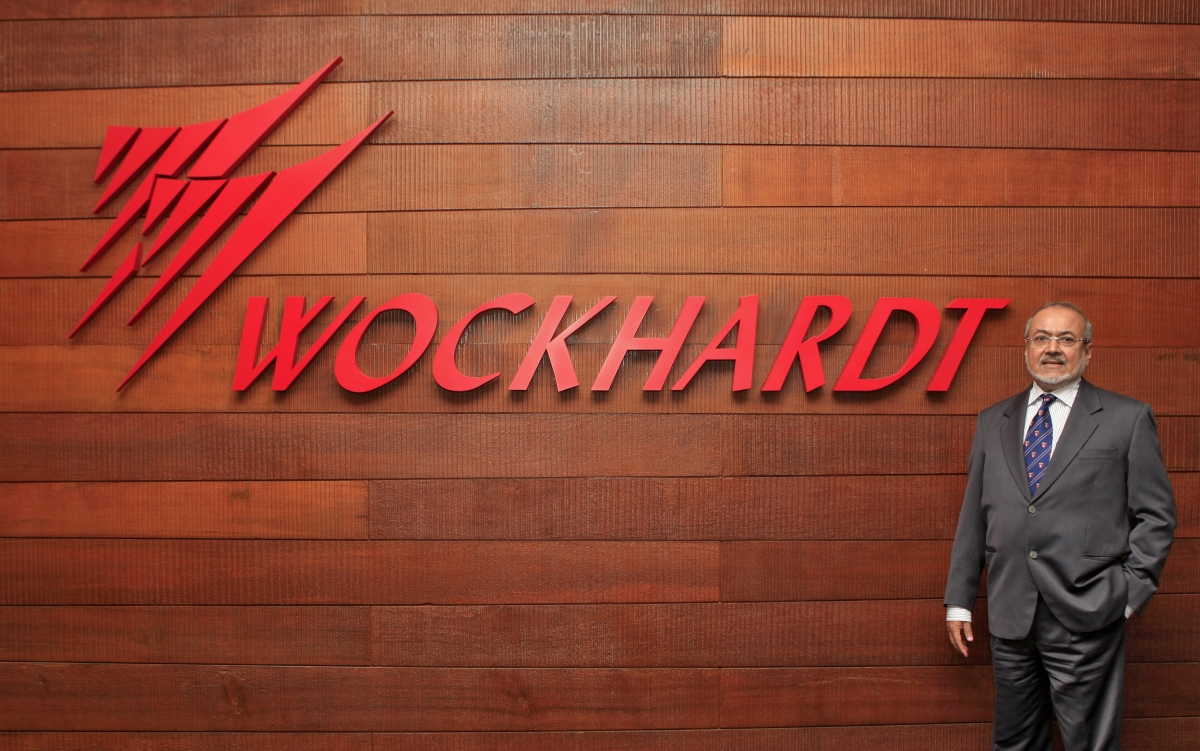 While the big data revolution in healthcare is undoubtedly in early stages, the wheels are definitely turning. Healthcare providers have moved from reams of paperwork that dominated every hospital visit to a cloud-based Electronic Health Records (EHR). And now there is a speedy transition to imbibe a data- oriented culture across healthcare organizations with a concerted efforts to bring data-led insights into hospitals. One such organization is Mumbai-headquartered Wockhardt Hospitals Ltd, one of India’s leading super-specialty care provider and the man leading the charge of building a data-driven culture is Sumit Singh, Chief Information Officer, Wockhardt Hospitals Ltd who is driving a companywide adoption of data analytics.
While the big data revolution in healthcare is undoubtedly in early stages, the wheels are definitely turning. Healthcare providers have moved from reams of paperwork that dominated every hospital visit to a cloud-based Electronic Health Records (EHR). And now there is a speedy transition to imbibe a data- oriented culture across healthcare organizations with a concerted efforts to bring data-led insights into hospitals. One such organization is Mumbai-headquartered Wockhardt Hospitals Ltd, one of India’s leading super-specialty care provider and the man leading the charge of building a data-driven culture is Sumit Singh, Chief Information Officer, Wockhardt Hospitals Ltd who is driving a companywide adoption of data analytics.

As part of his mandate – tapping into terabytes of data and getting value from it, Singh got one of the most forward looking BI and Data Analytics company onboard, Qlik. “We seriously started looking at this BI and analytics space two years ago. The whole idea was how we could leverage additional benefits from this pool of disconnected data that we were sitting on. At any point of time, 95% of this information is already there in the system, what we want to do is make more meaningful decisions from the same dataset by culling different viewpoints from it,” shared Singh, who will be overseeing the transformation over a period of time across nine centres in India.
Speaking to Analytics India Magazine, Singh outlined four major points why he chose the BI and analytics solutions for leading a data-driven approach. The pointers can very well serve as benchmark for other organizations for onboarding an analytic vendor.
Visualization: According to Singh, data is ongoing, it has a life of its own and it needs to grow (support for updating data). It also needs visibility and that’s where the visualization tool helps, in presenting snapshots that are further utilized to for better procurement and optimizing costs across services.
Scalable Analytics Engine: Primarily, the analytic engine enables flexibility combined with minimal expense during scaling deployments. The end job of an analytic engines is speeding up the time to value for resources. “At the end of the day, it is the analytics engine that is producing the output and we wanted to capitalize on its strength without having to compromise on data abstraction,” he said.
Customizability: Another important criteria in narrowing down on analytic vendor was customizability. “What will happen if I add something specifically or choose certain constraints,” he shared.
Increased quality of time: If something is not done on time, it leads to a waste of resources. “You are able to make a lot more quality decisions in a quick timeframe but also identifying new growth opportunities,” he shared.
It’s the healthcare organization’s first foray into data analytics and it was marked by a “shift in thinking approach”. Singh foresees a companywide adoption of analytics where each decision is driven by data. “We are a large organization and we will take time to catch up. Over a period of time, I would like to see a lot more adoption and benefits from the analytics platform, especially in MIS in finance which is a labour intensive job. The amount of time spent in creating it outweighs the time spent in understanding it and I would like to flip that totally,” he said.
Simplifying healthcare with integrated data analytics solution
According to Souma Das, Managing Director at Qlik India, “Data generated in the healthcare sector is growing at an exponential scale and it is important that healthcare organizations implement a business intelligence system that can leverage this data, is user-centric and provides the ability to provide quick access, analysis and dissemination of information. The main drivers for having a proven analytics partner is to deliver better patient care and drive operational efficiencies and growth,” he said.
The BI and analytics company in partnership with Exponentia DataLabs assessed how the data was disconnected and came from disparate sources – 1) the existing Hospital Information System (HIS), 2) SAP financial module and 3) large volumes of data also flowed in from excel spreadsheets. Post the slicing and dicing, the team generated strategic insights and analysis for Wockhardt Hospitals management to reevaluate:
- Revenue analysis and cost optimization measures
- MIS for the finance team
- Pricing analysis and cost audits for related finance functions
It’s been 6 months since Wockhardt Hospitals Ltd implemented BI and analytics solutions and the results can be seen across three main areas
Procurement and supply: Qlik’s integrated analytics solutions helps in meeting procurement challenges, improves operational efficiency and reduce costs by ensuring timely procurement.
Cost of service: Identify and analyze the full cost of every service provided by the healthcare company.
Marketing: A lot of data is being created around the digital space and analytics offer a holistic view. “We can gauge areas that have had maximum impact and where more resources are required for a better marketing experience,” he shared.
Slow adoption of analytics in healthcare
According to reports, the healthcare sector has been lagging behind industries such as retail, banking and industrial when it comes to adoption of data analytics. What’s the reason for putting data and analytics on the back burner? “In healthcare, for most practitioners the focus is on ensuring the patient leaves the hospital happy and is well attended. Secondly, another barrier for slow adoption is there are a lot of disparate sources of data, such as clinical data which poses a huge challenge. Concerns about data security and privacy also play a huge role in slowing the adoption of healthcare analytics,” expressed Singh.
But he stays optimistic about the future of analytics in healthcare. “Even though we are still in the early stage of using and analyzing data I am sure we will be seeing significant gains in the future,” he noted.

























